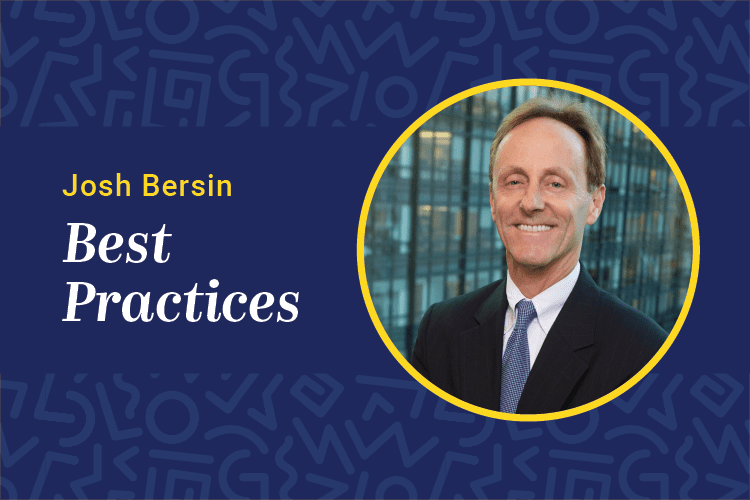Over the years, I’ve reviewed many planning documents for learning organizations of all shapes and sizes. Most are internally focused and detail staff resources, budgets, planned technology purchases, planned programs and new courses. Missing in most is a strong business perspective — the outward view that brings business credibility to the learning organization.
Effective business plans define and communicate how resources support specific corporate and lines-of-business objectives and set targets for projected impact. The business plan must detail these major areas:
- Strategy: What is your organization’s learning strategy? How does it align with business-unit objectives and overall corporate strategy? How does learning result in competitive advantage and improved productivity?
- Operations: What budget and staff do you need? What programs are planned, and how will they be deployed? How do programs roll out over the year? What processes ensure quality and efficiency?
- Alignment and governance: How is your learning plan aligned with the company’s business plan? How do you support key business strategies and initiatives?
- Commitments: What measurable commitments are you making to the business? Will you be delivering 100,000 hours of training? Delivering a new program by a certain date? What measurements will you use to show success?
- Investments: What new investments in dollars and staff are needed and why? How do these new investments contribute to the bottom line?
It’s important to note these areas are interrelated. For instance, a major new on-boarding program will require financial investments and would be viewed as one of your major commitments.
A solid business plan also has a future dimension —a three-to-five-year look ahead. Your plan should show how you’ll manage progress over the next several years. This information can help the executive management team understand the rationalization behind investments. You should be prepared to present your “results against plan” periodically during the year.
Ideally, the business plan should be built from the company’s annual planning and budgeting process. You should obtain details such as staffing projections, revenue objectives, new product initiatives, sales and production changes and planned business alliances. Your plan should demonstrate how performance consultants and learning programs will support these business goals.
You’ll need to establish priorities, break down resources expended for each unit, identify target measurements, and tie specific courses and programs to objectives. You also should identify risks and opportunities. This work will become the operational section of your formal business plan and will detail your organization’s month-to-month expenses and activities for the next 18 to 24 months.
The strategic portion of your business plan requires input from key members of your company’s senior executive team — the COO, CFO, CIO and vice president of HR, for example. Most likely, the information you’ll obtain from these interviews will be general. But, even that can help you develop a long-range plan for learning. Think strategically and ask yourself some hard questions. Should we be outsourcing more? Could I get greater efficiencies with fewer, but more highly skilled, internal resources? Are we spending technology dollars wisely or should we consolidate? Are there legacy investments in content or programs we can revamp or eliminate?
As you develop the plan, send a draft to business executives for comments. Give them the opportunity to see that the L&D function is being run like a business operation — not a university. This will make your plan better and give you even greater insights into ways to add value.
Sound like a lot of work? It is. But the payoff is huge. A detailed plan gives you the opportunity to present the business of learning to the C-team. It gives your organization credibility throughout the enterprise.
Make this your priority for the year.
Josh Bersin is the principal and founder of Bersin & Associates, and has more than 25 years of experience in corporate solutions, training and e-learning. He can be reached at jbersin@clomedia.com.















